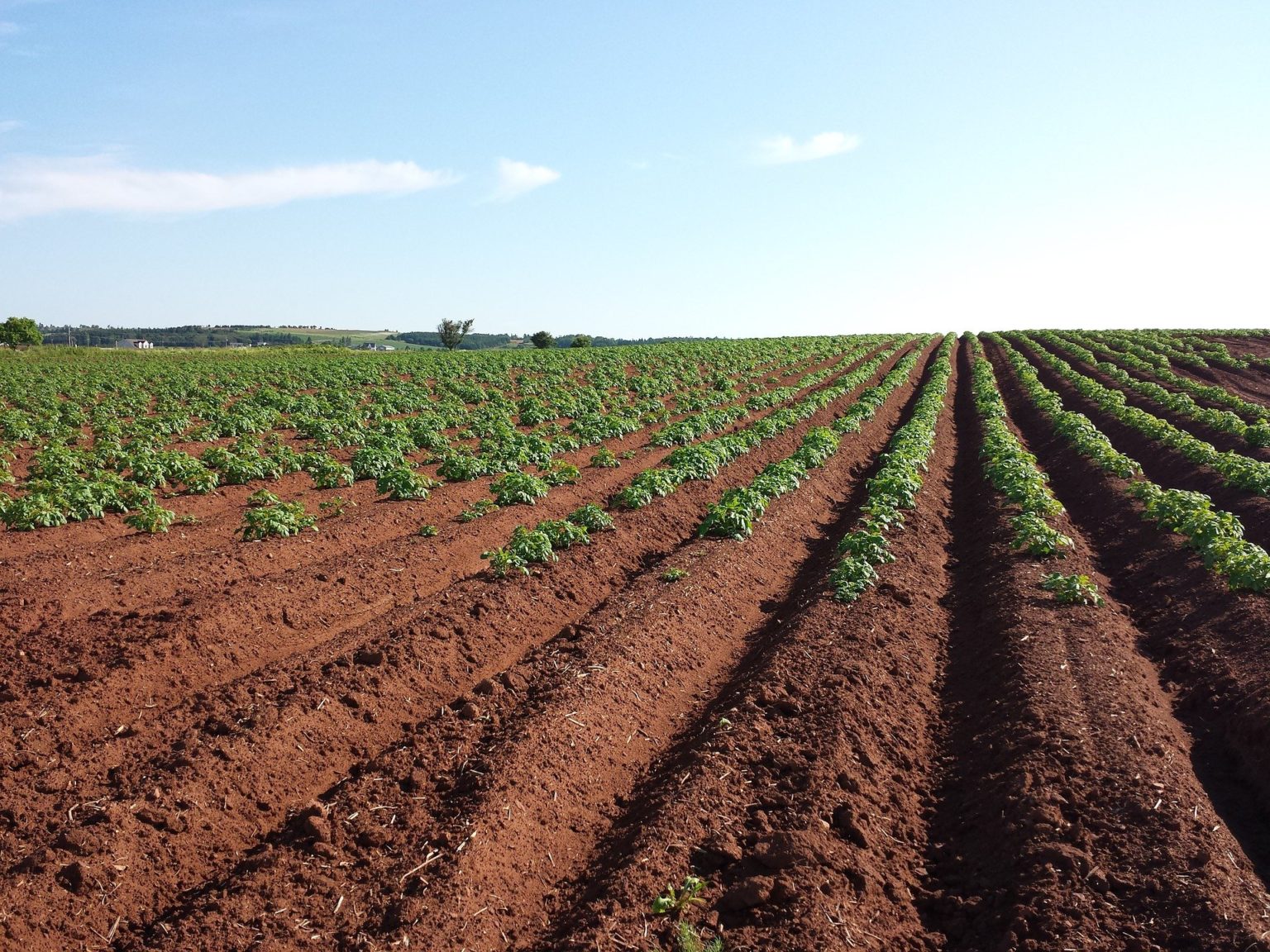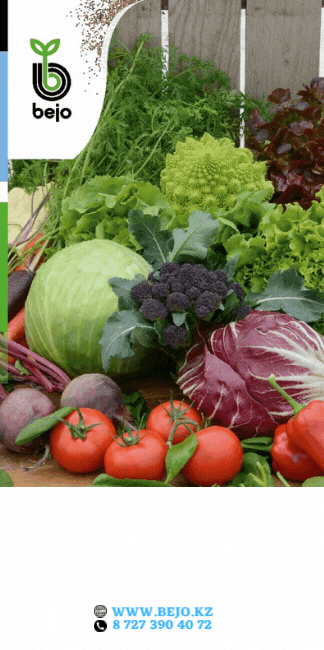
British farmer Mark Humphrey is surprising everyone with high wheat yields on land that was unsuitable for intensive crop production, reports World of NAN.
Targeted composting of garden waste has enabled the farmer to radically transform previously unproductive gravel soils. Previously only suitable for barley for sheep grazing, the land now yields 10 tons/ha of soft flour wheat and 38 tons/ha of maize.
It is worth noting that the practice of green composting helps to save significantly on fertilizer costs by not using additional phosphate and potash, and reduces nitrogen application by a third without compromising grain quality.
The compost is stored in a special large paved landfill. It is shredded and piled in heaps of 250-300 tons, turned weekly over a six-week period and then sieved to a thickness of less than 28 mm.
The farmer applies the compost first under maize in April at the rate of 20 tons/ha and rubs it into the soil with tines and disks before sowing in the first week of May. Analysis shows that such compost contains 200 kg/ha of nitrogen, but only 10% is available in the first year.
The farmer is convinced that such compost is extremely beneficial for his wheat. After harvesting the wheat, he usually plants stubble turnips, using the residual nitrogen for the best possible start. Turnips provide a valuable cover crop in early winter, minimizing nutrient leaching while protecting the soil surface and preserving soil structure.
Смотрите больше интересных агроновостей Казахстана на нашем канале telegram,
узнавайте о важных событиях в facebook и подписывайтесь на youtube канал и instagram.









































Обсуждение